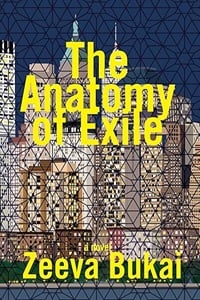War kills. People die in wars. Innocent people, on both sides. There is damage to infrastructure and property. Houses and schools are destroyed. Diplomacy is obviously the preferred way to settle conflicts, but sometimes there is no alternative.
Today,
Israel is at war, and the United States is fighting at our side. This is a war
of choice, a war we needed to start because the danger of inaction was too
great. It is an unavoidable war, one that is causing great distress to Israelis
and Iranians alike, but still, it is a war that must be fought.
I’ve
always said, half-jokingly, that Israel lives in a very bad neighborhood.
Enemies on all sides: Hamas, Hezbollah, and even the Houthis in Yemen. There is
one bad actor directing all of these terrorist groups, and that is Iran. Iran
has been calling for Israel’s destruction, and for America’s as well. We needed
to take these cries of hatred for what they were, nothing less than an
existential danger.
Iran’s
nuclear program was not being developed for peaceful reasons. It became clear
long ago that the country’s leaders had been lying about their true intentions.
Enriching uranium to such high levels is only necessary for the production of
nuclear weapons. Similarly, Iranian ballistic missiles were only intended to be
fired at Israeli cities. These plans to develop weapons of mass destruction had
to be stopped.
It
should be clear that there is no hatred in Israel toward the Iranian people.
Decades ago, there were strong trade ties and friendships between Tel Aviv and
Tehran. In recent months, Iranians took to the streets to protest against the
terrorist regime that has caused them immense suffering. The Iranian people
deserve better lives. This war is not targeting them.
The
world was quick to shout “Free Palestine” when Israel responded in force to the
murderous assault by Hamas on its citizens, but why isn’t the world crying out
to “Free Iran” from its murderous leaders?
The
international media was quick to headline the loss of lives in an Iranian
school, yet barely mentions the loss of lives in an Israeli synagogue and bomb
shelter.
Innocent
civilians should not lose their lives on either side. There should be no need
to resort to military action, but sometimes there is no alternative.
We
hope and pray that this war ends as soon as possible. That we will have better
lives, and that the Iranian people will have better lives as well.
In
the meantime, whenever there is an alert of incoming missiles, we will run to
our shelters and safe rooms to protect our loved ones, because in the end, that
is the most important thing.
Originally posted on The Times of Israel.

 My
My 



